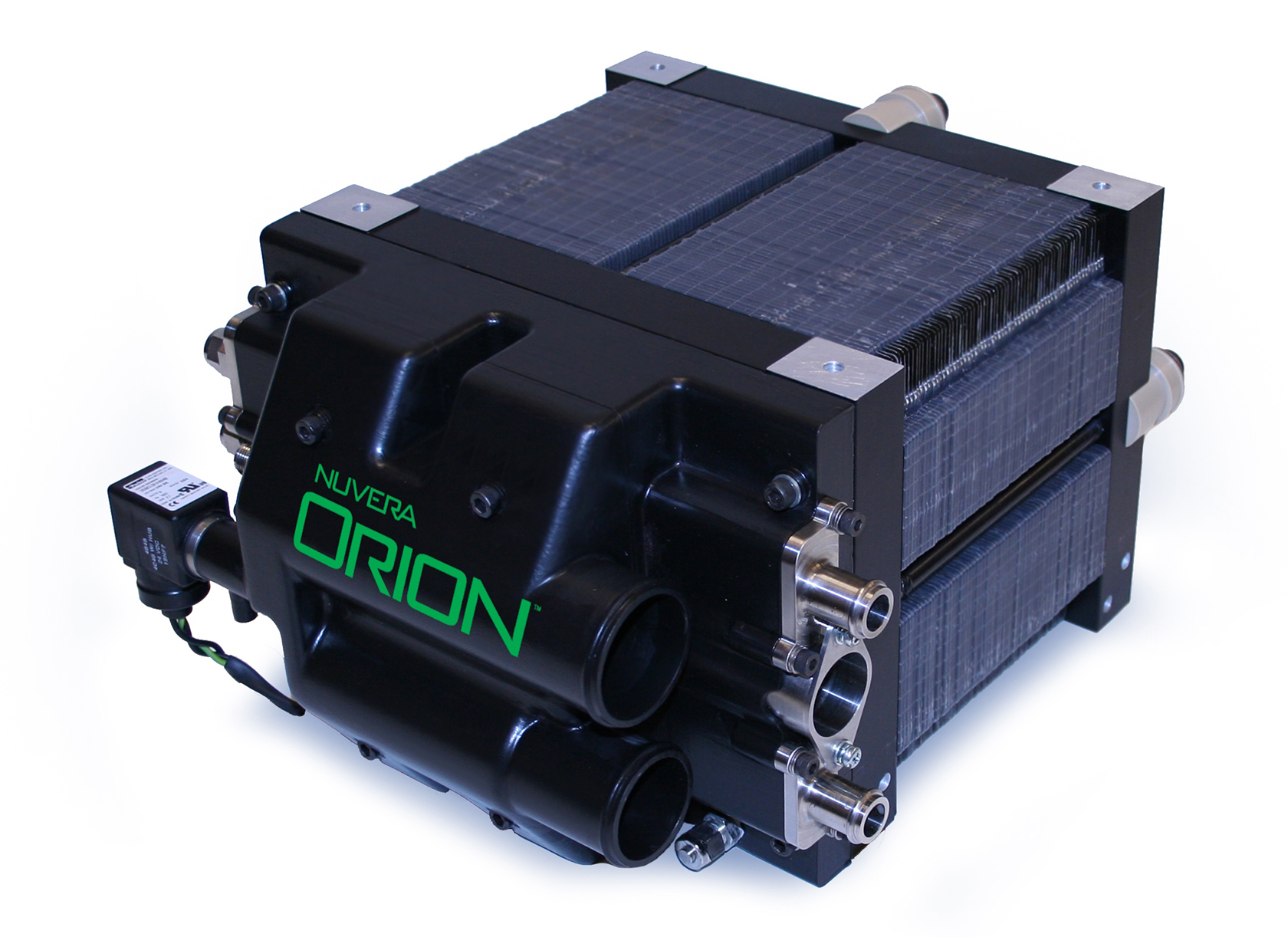Fuel cells cool well
 A new technology is being tested in the US with implications for refrigerated transport around the world.
A new technology is being tested in the US with implications for refrigerated transport around the world.
Grocers in Texas, California and New York are set to experience the next generation of in-transit refrigeration. Researchers at the US Department of Energy are running trials with trailers whose fridge units are powered by hydrogen fuel cells; a device that creates electricity by driving chemical reactions using hydrogen and air. The only by-products of the cells are heat and water.
Logistics industry experts say that around 300,000 refrigerated trucks with auxiliary power units are on the road in the States at the moment. Replacing all of these traditionally inefficient units with the new fuel cell technology would see fuel savings 37.8 litres per day, per unit, as well as reduced pollutant emissions and much quieter operation.
"Accelerated fuel cell use in this application is also expected to create jobs in the energy sector, increase fuel cell manufacturing volume, decrease costs, and catalyze a stronger domestic supplier base," said Jamie Holladay, US Department of Energy's Pacific Northwest National Laboratory sector manager for fuel cell technologies.
The Department of Energy has already provided subsidies for the use of hydrogen engines in forklifts; they are now focusing on the massive energy savings to be made in the industrial refrigeration sector.
More information on the work of the Pacific Northwest National Laboratory is available from their website.








 Print
Print